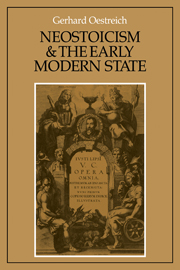Summary
Humanism, as a scholarly movement, emanated from Italy in the fourteenth century; it soon spread throughout Europe, from Paris and Oxford in the west to Cracow in the east, and reached the height of its influence in the sixteenth century. Though at first it had been a literary movement, centred upon poetics and rhetoric, the increasing exploration of the whole of ancient learning led to the promotion of knowledge and understanding in practical fields too. This applies not just to the arts, but in particular to the technical and practical sciences, which have received far too little attention as parts of this process. The body of knowledge in the fields of jurisprudence, medicine, astronomy, cosmography, geography, mining, mechanics, architecture and agriculture was built up systematically from the standard works of Greek, Byzantine and Latin scholarship; finally men drew upon the experience of antiquity in the fields of warfare and the structure of the state. The relevant texts were repeatedly published in new and improved editions, furnished with commentaries, and translated into modern languages. This was due not to literary and aesthetic interest, but to practical considerations which had to do with contemporary needs and the wish to apply immediately the knowledge supplied by the texts. With regard to medicine we may cite a single set of figures for the sixteenth century: between 1490 and 1597/8 six hundred and sixty editions of Galen were published (eighteen of them complete), chiefly in Paris, Lyons, Venice and Basle.
- Type
- Chapter
- Information
- Neostoicism and the Early Modern State , pp. 1 - 10Publisher: Cambridge University PressPrint publication year: 1982



